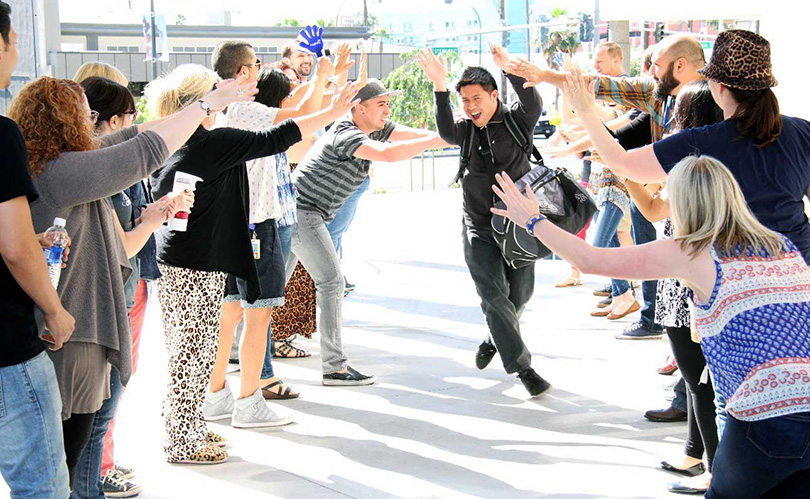The Science of Traditions

“The less there is to justify a traditional custom, the harder it is to get rid of it” – Mark Twain
As the debate of Sabarimala rages in the real world and the world of social media – umpteen links have been shared on tradition vs change, on the need for respect vs the need for respite, on liberation vs oppression and more.
And in my own small way, I have been doing my research into the psychology of tradition. But before that, let me share a story with you.
Many years ago, there was a pandit who used to conduct long elaborate pujas for the well – being of his ashram. He had a cat in the ashram which would come near him every time he started chanting the mantras and hence disturbing him. He ordered his disciples to tie the cat. So now, every time the pandit would sit down for his daily puja, the disciples would tie up the cat, so the master would not be disturbed. After a few years, the cat died. The day after the cat died, there was a huge conundrum in the ashram. The disciples were running around, searching for another cat to tie – because they felt that the puja would not start for the master without the cat being tied.
That’s tradition – it usually starts for a reason; but apparently continues for no reason. However, there is a psychological reason why we want traditions to continue. And these are the 4 Bs of tradition:
- A sense of Being – gives us an identity, knowing that we too have some strengths
- Gives us a sense Belonging – a comfort that we are part of a group
- Believing – we have a sense of higher (non – material) principles and values by which we lead our lives
- Benevolence – we enhance the lives of others – family, friends, community etc.
Without traditions – communities would not survive. And as much as we value traditions in our family, organisations also build some traditions – sometimes consciously and most times unconsciously. And these get embedded into the culture of the company.
When organizations ask us to share our insights about the culture of their teams – the first evidence for us is the tradition.
Simple things – do you receive your guest in the lobby or does the guest get ushered in by the receptionist or do you expect the guest to make her way through to your cabin based on some vague directions. – this simple tradition tells me a lot about the culture.
There are more evident traditions like celebration of important days, norms about high performance and under performance etc.
Traditions are worth nurturing if they still meet your 4Bs. You know it is time to let go when they don’t let you ‘B’
At Able ventures, we conduct assessments and trainings customized for your organization needs. Our research in neuroscience and human behaviour helps in our mission of helping – “realize human potential”. Write to me on smita@ableventures.in to know more about our assessments, development centres and training programs.






